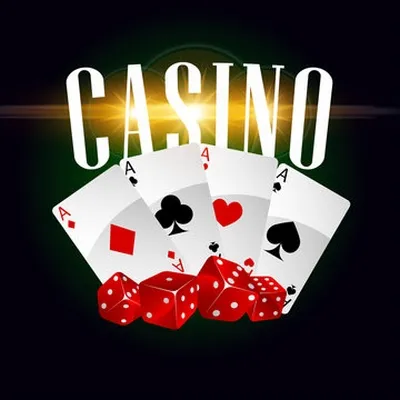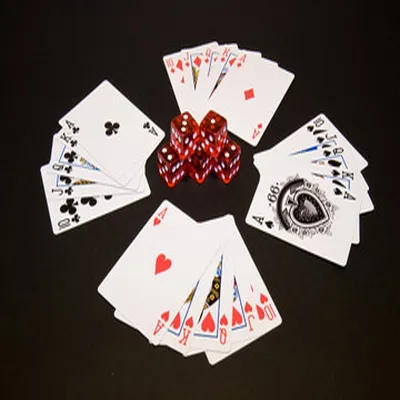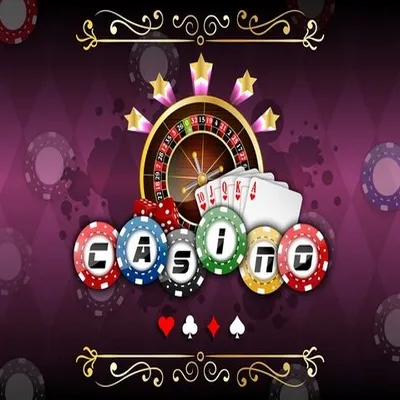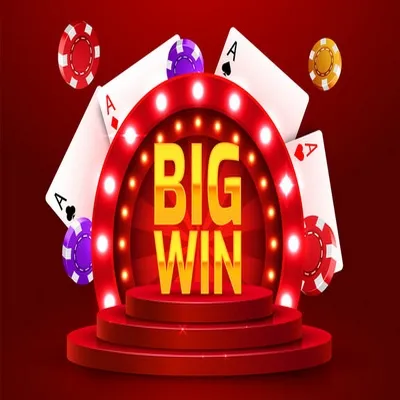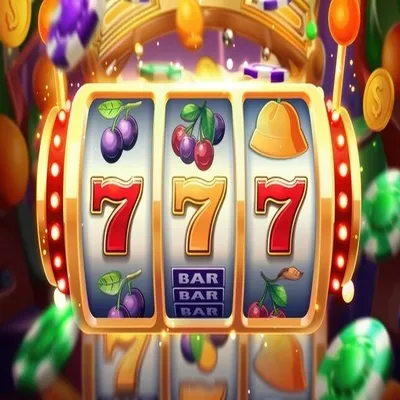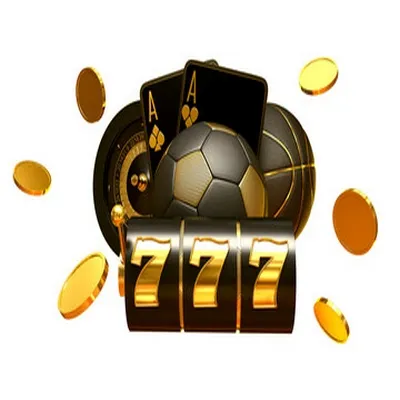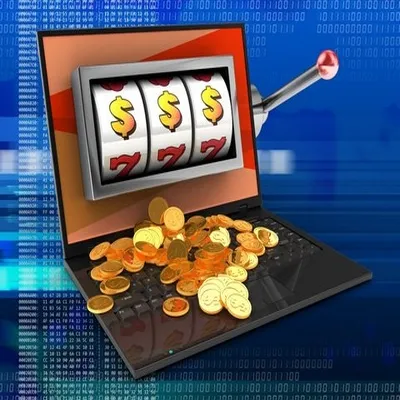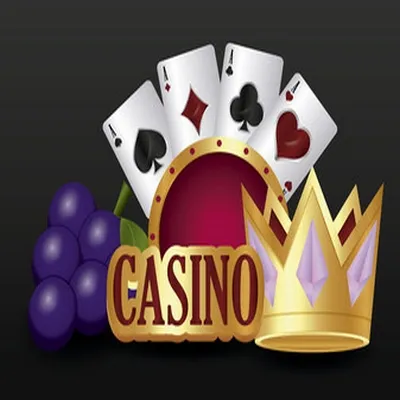discord site
$13717
discord siteBetting on matches involving teams that are in a coaching change is a notable factor. A change in coach can have a profound effect on a team’s performance, as players need time to get used to new tactics and training methods. Sometimes a new coach can bring immediate results, but it can also take time to rebuild the team. Bettors need to monitor the process of changing coaches and the team’s playing style during this period. Keywords such as “betting on coach change”, “betting on tactical change”, or “betting on new team coach” will be useful.
Betting on knockout or knockout matches is a strategy that players can apply in major tournaments, such as the World Cup, UEFA Champions League, or cup competitions. Knockout matches are often very decisive, causing teams to play with greater determination, which creates attractive betting opportunities. Because there is no chance of recovery if they lose, teams will have to fight hard to win, which creates a dramatic and unpredictable atmosphere. Keywords such as "knockout betting", "knockout betting", or "cup betting" will help players find these opportunities.
Product description

discord siteAccording to the Ministry of Public Security, big data analysis software and artificial intelligence (AI) have been used to identify unusual transactions, thereby tracing transnational gambling organizations.
In addition, some bettors may use live betting (live betting during the match) to take advantage of opportunities they see during the match. Live betting requires you to follow the match continuously and make quick betting decisions when there are changes in the game situation. This requires bettors to be able to identify changes in the match and make timely decisions.
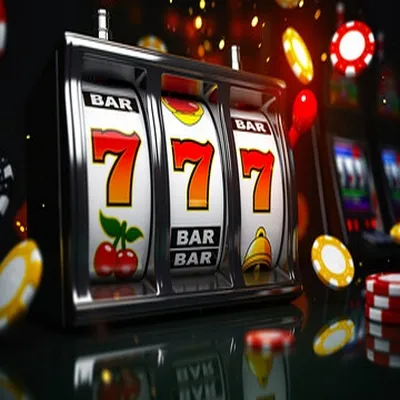
Gambling, or betting, is an activity that humans have been involved in for thousands of years. From simple games to grand casinos and modern online sports betting, this industry has gone through a long journey of development. The following article will review important milestones in the history of the betting industry. Betting is not a new concept, but has existed since ancient civilizations. Archaeological evidence shows that, as early as the Babylonian and Egyptian periods, people participated in games of chance, often in forms of betting involving cards or dice games. Betting in Greece and Rome: Ancient Greek and Roman civilizations organized horse races and sports competitions, where people could bet on the outcome of events. Chariot races in Rome and arena sports were among the earliest forms of betting known to mankind. These games were not only part of the entertainment culture but were also associated with religious beliefs and rituals. Dice and card games were also used as a form of betting from this period, although there was no formal system or rules. Cards in particular appeared in China around the 9th century and gradually spread to other regions such as India and Europe. Betting flourished in Europe in the 17th and 18th centuries, when casino games began to become more popular. The first casino opened in Venice, Italy in 1638. This was the first place with formal betting organization and procedures. The first casinos mainly served the nobility and the wealthy, and were only open on special occasions such as festivals. The first casino in Venice (1638): The first casino opened in Venice, Italy in 1638. This was the first place with formal betting organization and procedures. The first casinos catered mainly to the nobility and the wealthy, and were only open on special occasions such as festivals. Horse racing betting: Horse racing was one of the first popular forms of sports betting and began to become part of the betting culture in Europe in the 18th century. The first horse races were held in England, where a strong horse racing industry developed, with famous races such as The Derby. Gambling and sports competitions: In the 19th century, gambling games at casinos and sports competitions such as football and horse racing began to become popular events that people bet on. In the 20th century, the betting industry continued to thrive, especially after countries began to legalize and regulate the industry. The city of Las Vegas in the United States emerged as the "gambling capital" of the world in the 1930s when Nevada legalized casino games. Las Vegas casinos have become an icon of the gambling industry, attracting tourists and gamblers from all over the world. Famous venues such as the Bellagio, Caesars Palace and The Venetian have become symbols of luxury and the gambler's lifestyle. Sports betting officially flourished in the 1940s and 1950s, especially in Las Vegas casinos. Sports such as football, basketball, and horse racing began to attract the attention of bettors. By the late 20th century, sports betting had gone beyond entertainment and had become a professional industry with major organizations and tournaments, such as the Super Bowl (USA) and the Premier League (UK).
Odds of winning on even or odd bets are 50:50, but the payout can vary depending on the game. For example, in Roulette, betting on even or odd will pay 1:1.
